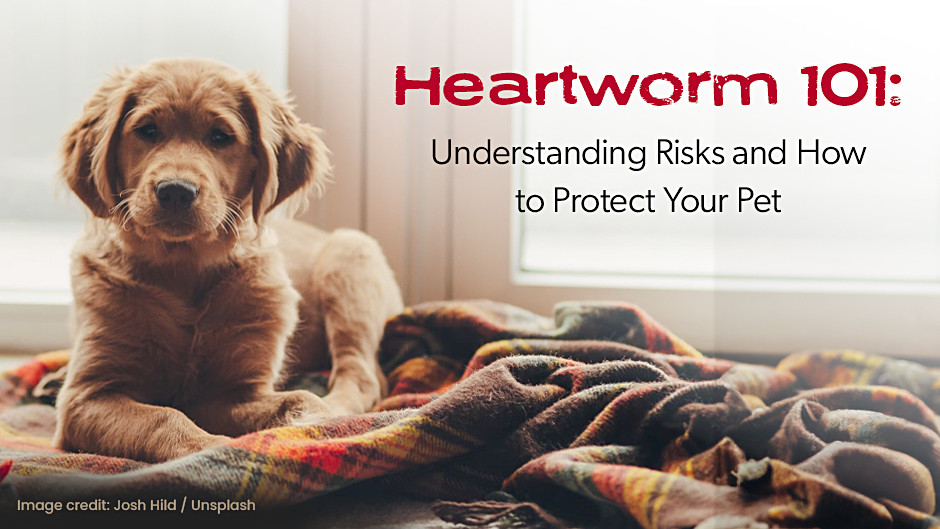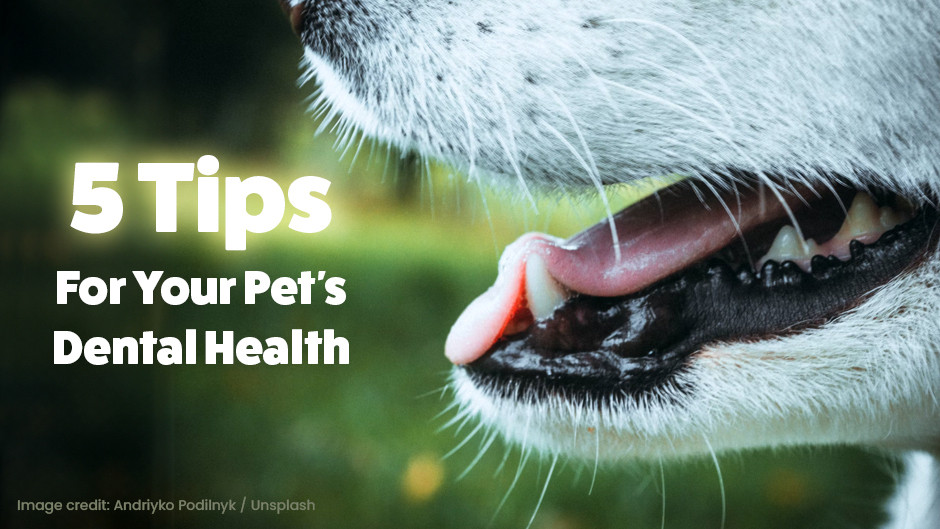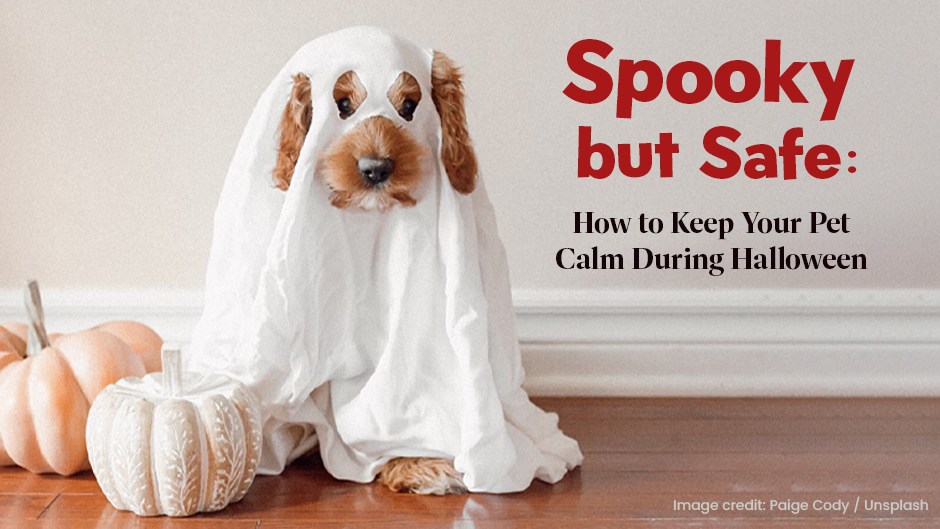Pet Health Articles
Chocolate is Not a Sweet Treat for Dogs and Cats
2017-01-05

I can't believe I'm doing this, but I have to come clean. My animal friends and I might beg for your chocolatey treats and give you the cold shoulder when you don't share, but deep down we know you're doing what's best for us. After all, our stomachs just can't handle this stuff like yours can. So, go ahead and enjoy your chocolate but please keep it to yourself.
Love, Carlos
Many people love chocolate and can’t imagine that it would be harmful. Unfortunately, that’s exactly what it can be for dogs and cats. When you consider how much smaller their bodies are than a human body, it’s easy to understand why. Chocolate contains caffeine and theobromine, both of which can cause toxic reactions when you pet ingests a large amount. Although not all chocolates contain the same amount of these ingredients, it’s best to avoid giving your pet chocolate all together.
Cocoa beans and baking chocolate contain a higher concentration of toxic ingredients while milk and white chocolate are on the lower end of the toxicity scale. However, it’s not just chocolate treats that pose a danger for your pet. Cocoa mulch, which gardeners use to keep their plants healthy, has a strong chocolate aroma that attracts pets. Be sure to keep your pet away from the garden and store cocoa mulch on a high shelf in the garage if you use it.
Symptoms and Treatment of Chocolate Toxicity
Sometimes all it takes is leaving a candy bar in sight for a few seconds while you turn your attention elsewhere for a persistent pet to nab a treat. If you know or suspect that your pet has eaten chocolate, watch for the following symptoms:
Cocoa beans and baking chocolate contain a higher concentration of toxic ingredients while milk and white chocolate are on the lower end of the toxicity scale. However, it’s not just chocolate treats that pose a danger for your pet. Cocoa mulch, which gardeners use to keep their plants healthy, has a strong chocolate aroma that attracts pets. Be sure to keep your pet away from the garden and store cocoa mulch on a high shelf in the garage if you use it.
Symptoms and Treatment of Chocolate Toxicity
Sometimes all it takes is leaving a candy bar in sight for a few seconds while you turn your attention elsewhere for a persistent pet to nab a treat. If you know or suspect that your pet has eaten chocolate, watch for the following symptoms:
- Hyperactivity
- Restlessness
- Vomiting
- Diarrhea
- Irritability
- Excessive panting
- Abnormal heart rhythm, with or without an increased rate
- Increased thirst and urination
- Tremors and muscle twitching
Seizures and death can occur in severe cases of chocolate poisoning. Animals with underlying health conditions, as well as the very young or old, have a higher risk of increased complications from eating chocolate.
If you notice any of these symptoms, contact Buffalo Companion Animal Hospital immediately during regular business hours. We are open from 7:00 a.m. to 8:00 p.m. Monday to Thursday, 7:00 a.m. to 6:00 p.m. on Friday, and 8:00 a.m. to 2:00 p.m. on Saturday. The Pet Poison Helpline is available 24 hours a day, 365 days a year at 855-764-7661. Treatment may consist of trying to induce vomiting, medications to control diarrhea and stomach pain, IV fluids, heart medication, or anti-convulsants.
With Valentine’s Day arriving shortly, it’s even more important to keep your sweet treats out of your pet’s reach.









